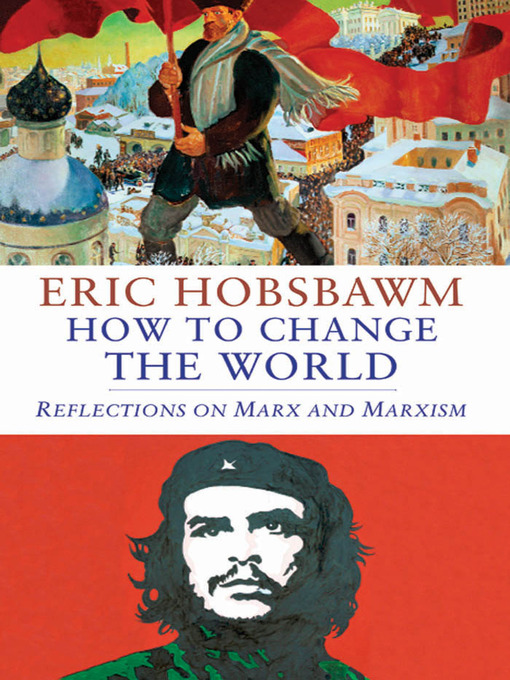"We need to take account of Marx today," argues Eric Hobsbawm in this persuasive and highly readable book. The ideas of capitalism's most vigorous and eloquent enemy have been enlightening in every era, the author contends, and our current historical situation of free-market extremes suggests that reading Marx may be more important now than ever.
Hobsbawm begins with a consideration of how we should think about Marxism in the post-communist era, observing that the features we most associate with Soviet and related regimes—command economies, intrusive bureaucratic structures, and an economic and political condition of permanent war—are neither derived from Marx's ideas nor unique to socialist states. Further chapters discuss pre-Marxian socialists and Marx's radical break with them, Marx's political milieu, and the influence of his writings on the anti-fascist decades, the Cold War, and the post–Cold War period. Sweeping, provocative, and full of brilliant insights, How to Change the World challenges us to reconsider Marx and reassess his significance in the history of ideas.

